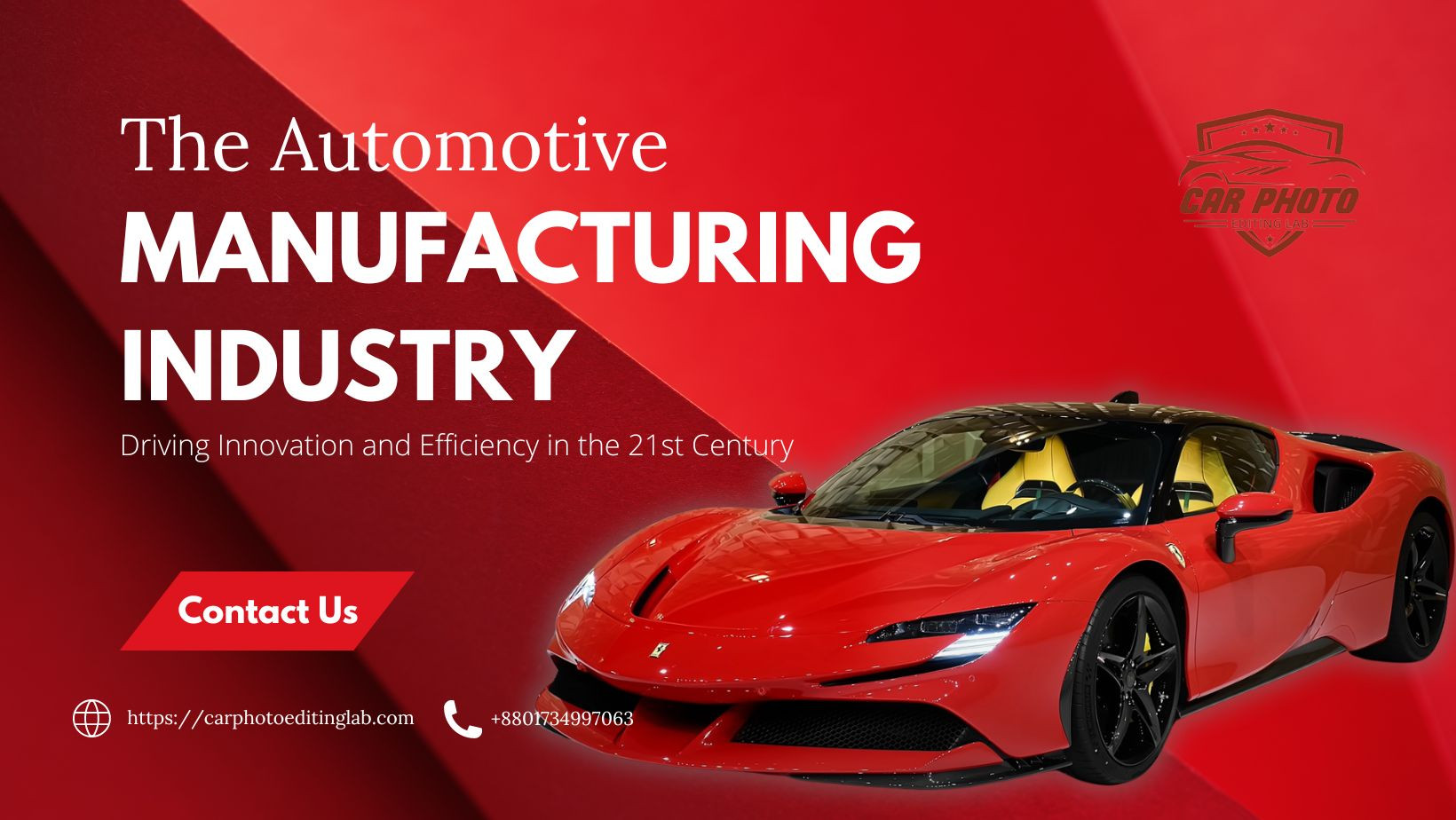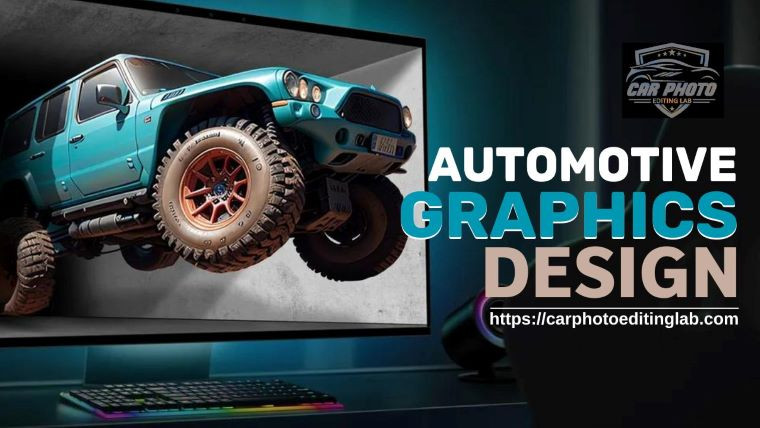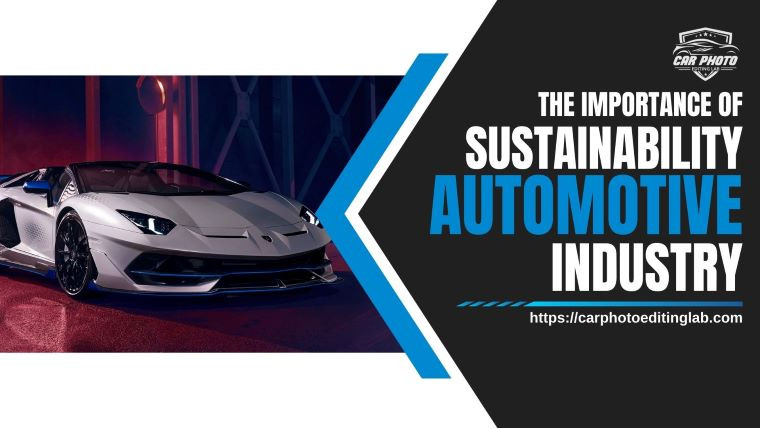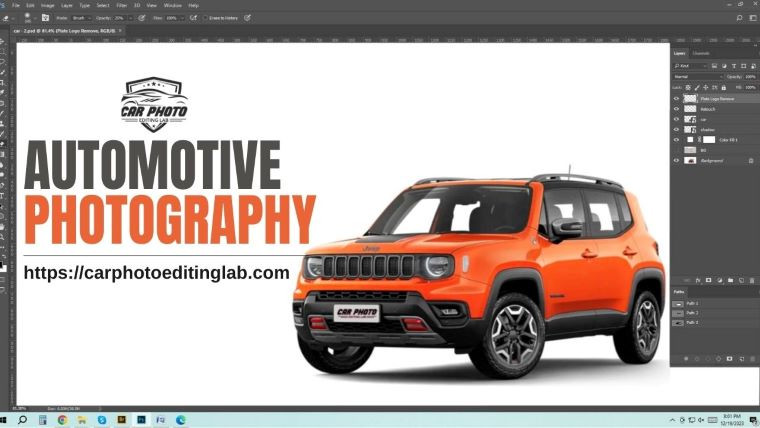-
Contact us with Whatsapp:
+8801734997063 -
Mail Us:
[email protected] -
Service Hours
24/7
The Automotive Manufacturing Industry: Driving Innovation and Efficiency in the 21st Century

Jun 2024
- 12 Jun 2024
- Business Solution
- 0 Views
The Automotive Manufacturing Industry: Driving Innovation and Efficiency in the 21st Century
The automotive manufacturing industry is one of the most dynamic and significant sectors of the global economy. It plays a pivotal role in shaping the economic landscape, fostering innovation, and driving technological advancements. With its roots tracing back to the late 19th century, this industry has evolved from the early days of hand-crafted vehicles to the high-tech, automated production lines of today. This blog post delves into the intricacies of the automotive manufacturing industry, exploring its history, current trends, challenges, and the future outlook.
A Brief History of Automotive Manufacturing
The origins of automotive manufacturing can be traced back to the late 1800s with the invention of the first gasoline-powered car by Karl Benz in 1885. However, it was Henry Ford's introduction of the moving assembly line in 1913 that revolutionized the industry. Ford's innovative approach dramatically reduced the time required to assemble a car, making automobiles more affordable and accessible to the general public.
The post-World War II era marked a significant period of growth and innovation in the automotive industry. The introduction of new technologies, such as automatic transmissions and power steering, alongside advancements in safety features, set the stage for the modern automobile. The late 20th century saw the rise of Japanese automakers like Toyota and Honda, who introduced lean manufacturing techniques and set new standards for quality and efficiency.
Current Trends in the Automotive Manufacturing Industry
The automotive manufacturing industry is currently undergoing a transformative phase driven by several key trends:
1. Electrification: The shift towards electric vehicles (EVs) is arguably the most significant trend in the automotive industry today. Governments around the world are implementing stringent emissions regulations and offering incentives to promote the adoption of EVs. Automakers are investing heavily in the development of electric powertrains, battery technology, and charging infrastructure. Companies like Tesla have spearheaded this movement, pushing traditional automakers to accelerate their EV programs.
2. Automation and Industry 4.0: The integration of advanced technologies such as artificial intelligence (AI), the Internet of Things (IoT), and robotics is transforming automotive manufacturing. Industry 4.0, characterized by smart factories and interconnected systems, is enhancing production efficiency, reducing costs, and improving product quality. Automated guided vehicles (AGVs), collaborative robots (cobots), and AI-driven predictive maintenance are becoming commonplace in modern manufacturing plants.
3. Sustainability and Circular Economy: Environmental sustainability is becoming a core focus for the automotive industry. Manufacturers are adopting sustainable practices such as using recycled materials, reducing waste, and minimizing energy consumption. The concept of the circular economy, which emphasizes the reuse, repair, and recycling of materials, is gaining traction. Companies are designing vehicles with end-of-life considerations in mind, ensuring that components can be easily dismantled and recycled.
4. Connected and Autonomous Vehicles (CAVs): The development of connected and autonomous vehicles is revolutionizing the way we perceive transportation. Connected vehicles leverage IoT technology to communicate with each other and with infrastructure, enhancing safety and efficiency. Autonomous vehicles, equipped with advanced sensors and AI algorithms, have the potential to drastically reduce accidents and transform mobility. Major automakers and tech companies are investing heavily in research and development to bring fully autonomous vehicles to market.
5. Customization and Personalization: Consumer demand for personalized and customized vehicles is on the rise. Advances in manufacturing technologies, such as 3D printing and flexible production systems, are enabling automakers to offer a higher degree of customization. From bespoke interiors to tailored performance features, manufacturers are catering to the unique preferences of individual customers.
Challenges Facing the Automotive Manufacturing Industry
Despite the promising trends, the automotive manufacturing industry faces several challenges that must be addressed to ensure sustainable growth:
1. Supply Chain Disruptions: The global nature of automotive supply chains makes them vulnerable to disruptions. Events such as natural disasters, geopolitical tensions, and pandemics can severely impact the availability of critical components. The COVID-19 pandemic, for instance, exposed the fragility of supply chains, leading to production halts and shortages of semiconductor chips.
2. Technological Complexity: The integration of advanced technologies into vehicles and manufacturing processes introduces complexity and requires significant investment. Ensuring the reliability and security of connected and autonomous systems is a major challenge. Cybersecurity threats and software vulnerabilities pose risks to both manufacturing operations and vehicle safety.
3. Regulatory Compliance: Automakers must navigate a complex landscape of regulations and standards across different regions. Emissions standards, safety regulations, and data privacy laws vary widely, necessitating compliance with a multitude of requirements. Staying ahead of regulatory changes and ensuring compliance adds to the operational burden for manufacturers.
4. Skilled Workforce Shortage: The shift towards automation and digitalization requires a workforce with specialized skills in areas such as robotics, AI, and data analytics. However, there is a shortage of skilled workers in these fields. Manufacturers must invest in training and education programs to develop the necessary talent and bridge the skills gap.
5. Market Competition: The automotive industry is highly competitive, with traditional automakers vying against new entrants such as tech companies and startups. The rapid pace of innovation and the need to constantly evolve to meet changing consumer preferences and technological advancements create a challenging environment. Companies must strike a balance between innovation, cost management, and maintaining quality to stay competitive.
Future Outlook for the Automotive Manufacturing Industry
The future of the automotive manufacturing industry is shaped by the convergence of technological advancements, shifting consumer preferences, and regulatory pressures. Several key developments are expected to influence the industry in the coming years:
1. Continued Growth of Electric Vehicles: The transition to electric vehicles is expected to accelerate, driven by technological advancements and supportive policies. Improvements in battery technology will lead to longer driving ranges, faster charging times, and lower costs. The expansion of charging infrastructure will further facilitate the widespread adoption of EVs.
2. Advancements in Autonomous Driving: While fully autonomous vehicles may still be a few years away from widespread deployment, advancements in driver-assistance systems and partial autonomy will continue to enhance vehicle safety and convenience. The integration of AI and machine learning algorithms will improve the decision-making capabilities of autonomous systems.
3. Expansion of Mobility Services: The rise of shared mobility services, such as ride-hailing and car-sharing, is transforming traditional ownership models. Automakers are exploring new business models that focus on providing mobility as a service (MaaS). This shift is expected to reduce the number of privately owned vehicles and promote more sustainable transportation solutions.
4. Sustainability and Green Manufacturing: Sustainability will remain a central focus, with manufacturers adopting greener production methods and materials. The use of renewable energy sources in manufacturing plants, the reduction of carbon footprints, and the development of eco-friendly materials will become standard practices. The automotive industry will play a key role in advancing the global sustainability agenda.
5. Digital Transformation and Data-Driven Manufacturing: The digital transformation of manufacturing processes will continue to drive efficiency and innovation. The adoption of digital twins, which create virtual replicas of physical assets, will enable real-time monitoring and optimization of production lines. Data analytics and AI will provide insights to improve decision-making, enhance quality control, and predict maintenance needs.
Conclusion
The automotive manufacturing industry stands at the forefront of a transformative era. The convergence of electrification, automation, sustainability, and connectivity is reshaping the industry and driving unprecedented levels of innovation. While challenges such as supply chain disruptions, technological complexity, and regulatory compliance must be addressed, the future outlook remains promising.
As automakers navigate this complex landscape, collaboration and partnerships will be key to success. The integration of diverse technologies and expertise from various industries will enable the development of cutting-edge solutions and drive the industry forward. By embracing change and focusing on sustainable practices, the automotive manufacturing industry can continue to thrive and contribute to a more connected, efficient, and sustainable future.
























1 Comment
Stephanie
29 May, 2025 03:42 AMNicely put. Thank you! casino en ligne francais Really loads of excellent data! casino en ligne Reliable info, Many thanks! casino en ligne You actually stated it fantastically. casino en ligne fiable You suggested that exceptionally well! casino en ligne Regards, I value it. casino en ligne You actually stated that well. casino en ligne fiable Nicely put, Thanks a lot! casino en ligne Nicely put. Thanks. casino en ligne France Awesome stuff. Kudos. casino en ligne francais